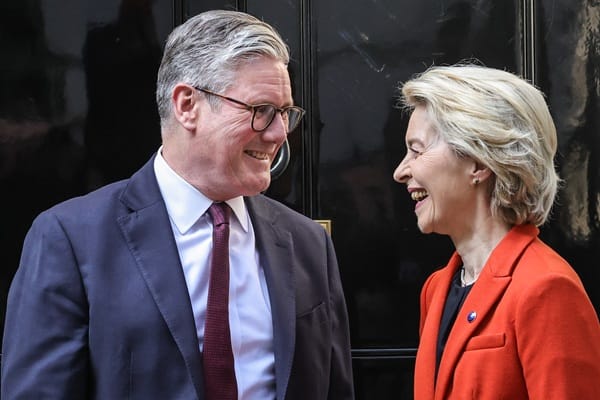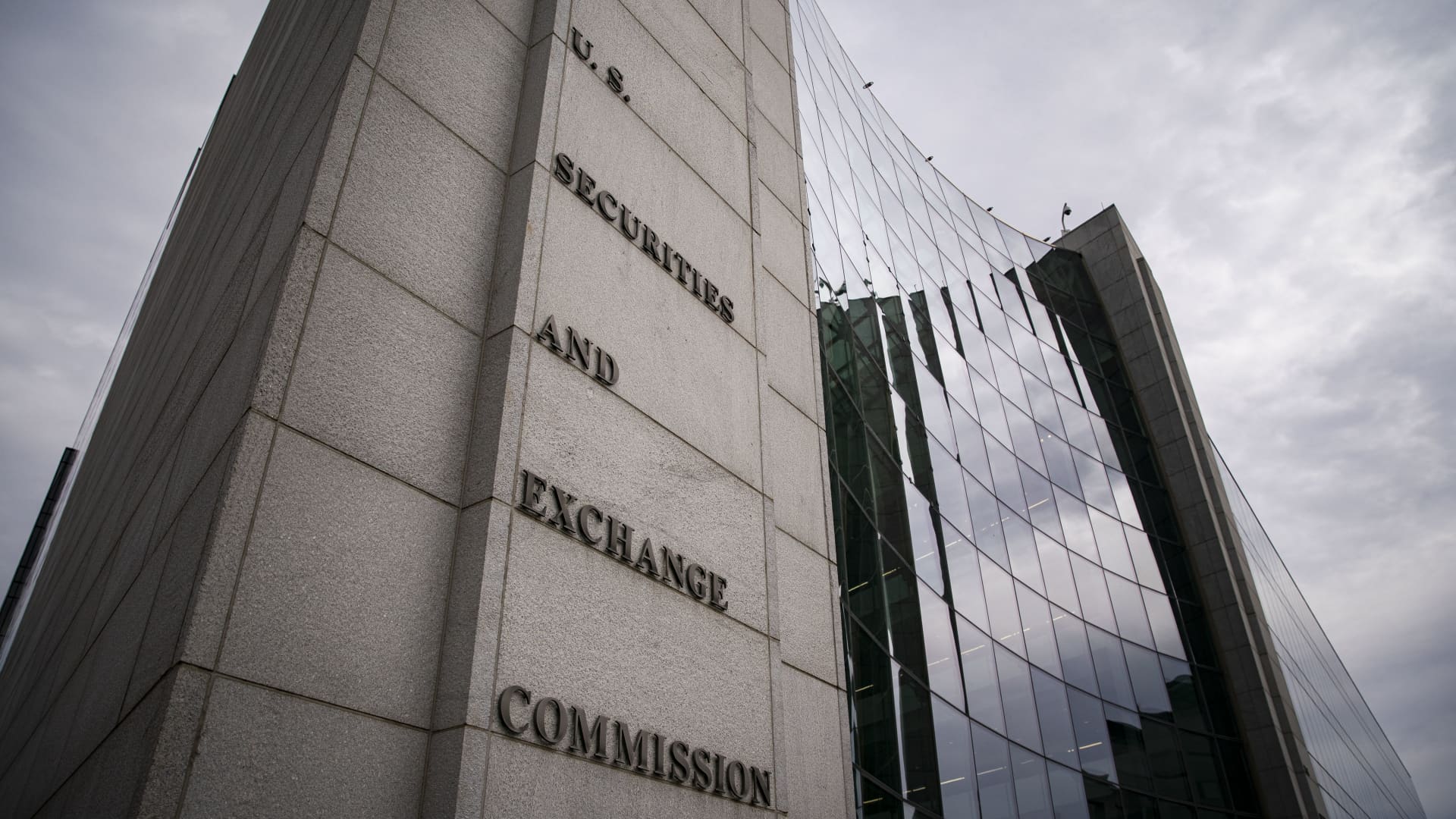The government has been engaged in “extensive negotiations” with officials in Brussels for the past six months and Sir Keir Starmer’s team has been discussing a wide range of changes under the “reset” deal with the European Union, which also focuses on growing the British economy and to support jobs.
Starmer said the new agreement with the European Union will be “good for jobs, good for bills and good for our borders”.
Under the deal there will be a far simpler process for food and drink imports and exports as there will now be a lot less “red tape” for businesses, which in turn will allow an increase in trade.
The British Chambers of Commerce (BCC) has welcomed the new UK-EU reset deal saying that this “summit marks a new beginning” which is a turning point for British businesses.
Shevaun Haviland, Director General of the BCC said on Monday, “Today’s summit marks a turning point in UK/EU relations which puts our trade relationship at the forefront of our partnership going forward.
“For four years, businesses have fought hard to sustain sales to the EU in the face of a rising tide of costs and paperwork which has severely dented their competitiveness.
“A permanent deal to remove unnecessary checks on food and drink exports in both directions is a huge boost; it will cut costs, reduce waste and increase sales.
“It was also essential that a defence and security pact was agreed to involve UK defence companies in wider projects to safeguard our democracies. It is vital now that work starts on agreeing access to joint procurement funding.
“Making quick progress on the use of E-gates at passport control will make life easier for businesspeople who cross EU borders on a regular basis and also boost UK tourism.
“This summit also saw encouraging movement on other issues that have long been a thorn in the side of many firms. A commitment to focus on securing a youth mobility scheme and linking our emission trading schemes will make life simpler and less costly for many businesses.
“The BCC had seven key asks of Government going into these negotiations which were based on four years of research and analysis involving thousands of firms.
“Today’s deal is good news on five of those. But we must not stop here, this agreement must be the foundation on which we aspire to build a much stronger business relationship going forward. That can only be of benefit to all our economies.”








